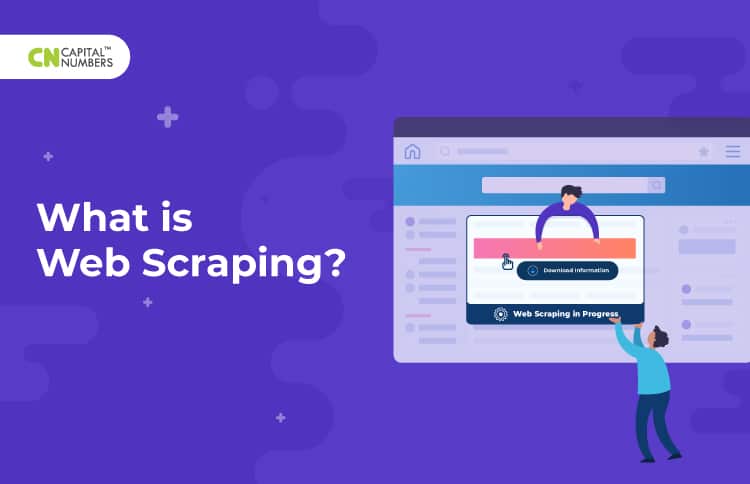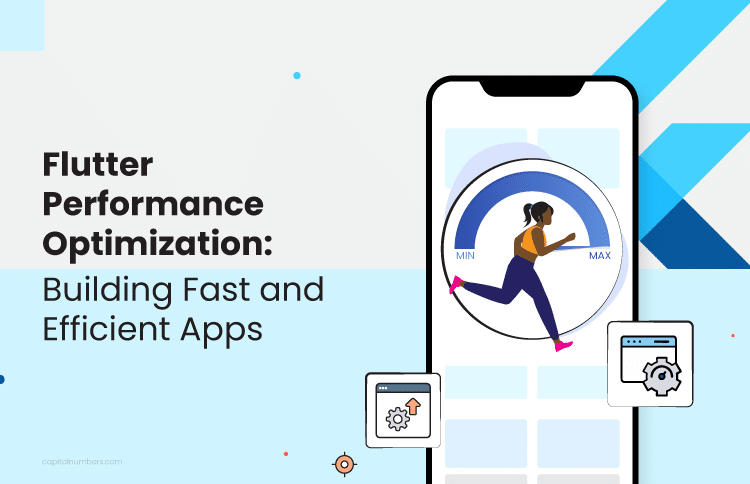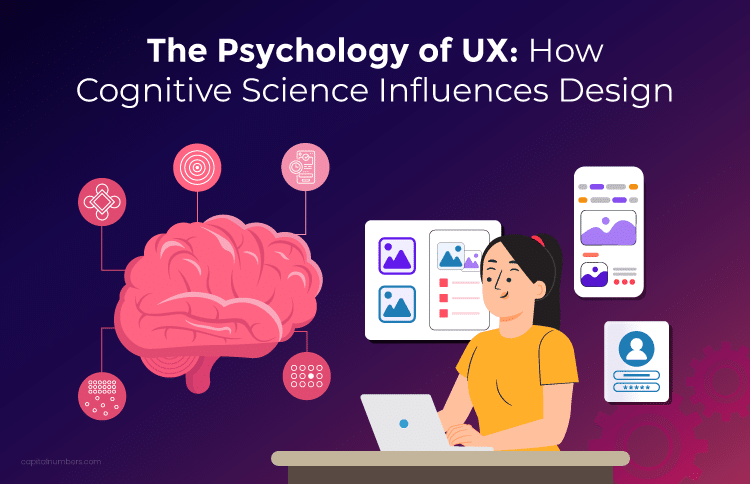What is Web Scraping?
Table of Contents
Guess what’s common between a startup founder, CEO of a Fortune 500 firm, a marketer, and an equity analyst?
Well, they all formulate their strategies by extracting data.
Data is the key differentiator.
Whether you want to churn out a new business strategy or start a new project, you need different kinds of data – product details, company information, stock prices, sports statistics, news pieces, financial stats; you name it.
You either copy-paste this data manually from the web or download information (both of which can be highly cumbersome).
So, what do you do?
Well, this is where web scraping comes in.
What is Web Scraping?
Web scraping is the process of using scrapers (or web crawlers) to extract unstructured web data and transform them into a structured format for future analysis.
It is a technique to scrape data from websites using scraping tools and store them in a local file (usually in a spreadsheet) for further evaluation.
Simply put, web scraping saves you the hassle of manually copy-pasting data or downloading information. It simply automates the entire data scraping process.
How Do Web Scrapers Work?
Before we take the plunge into why you should scrape the web for your project, let’s first understand how these scrapers work.
Well, web scrapers function based on user requests. While some scrapers extract only the HTML code of websites, others extract the JavaScript and CSS elements, in addition to the HTML code. Depending on user requests, scrapers pull out information.
After pulling out data, scrapers output the data to a CSV or an Excel format for further evaluation. Advanced scrapers even export datasets to other formats like JSON or XML.
There are multiple agencies that can help you automate this data extraction process through web scraping for your web app development.
What Happens to this Data?
By compiling these data points, companies track billions of pieces of information to improvise their marketing solutions and come up with smarter business decisions.
This brings us to the question…
Why Should You Scrape the Web?
Whether you’re a startup or a mid-sized firm, web scraping can help you grow your business 10x.
Here’s how web scraping can help your company grow:
- Product InnovationWeb scrapers help you innovate fast and build new products. For example, if you want to create an online platform that references independent musicians, you need a database, and for that, you need to start scraping. The faster you set up your database, the quicker you build your products.
- Predictive AnalysisWeb scraping plays a significant role in predictive analysis too. You can use Puppeteer to scrape data and carry out a predictive analysis for identifying potential risks and investment scopes. Walmart and Amazon extensively use their predictive analytics to find out about customers and their buying habits.
- Lead GenerationYou can scrape the web to identify your potential leads. How do you go about it? Well, you can scrape your competitor’s websites and track their customer demographics to detect your target group. When you know your target audiences and where they hang out, it becomes easy to identify high-quality leads. Accordingly, you can build your lead funnel. For example:
- To find local businesses, you can use Google Maps.
- To track growing tech companies, you can use AngelList.
- To identify B2B manufacturers, you can use Yellow Pages.
- Competitor AnalysisYou can not only generate leads through web scraping, but you can also evaluate your competitors and even one-up them. For instance, you may spot one of your competitors doing good on Instagram with 15k+ followers. But you are sure that your product is better than your competitor’s. In such a situation, how do you switch users to you? You scrape! You find and extract details of each follower, message them, warm up your potential leads through marketing strategies, and grow your user base.
- Data(base) EnrichmentWhile scraping the web, merely extracting and exporting data to a spreadsheet isn’t enough. You need to enrich your database too. By adding metatags, meta titles, timestamps, and geolocations, you can improve your data quality. Be it company size, revenues, social media profiles, or personalized data points. Each database needs enrichment. By refining raw databases, you can engage your leads better and create custom campaigns to boost ROI.
- SEOWeb scraping is essential for stepping up your SEO game too. You can collect and analyze SEO ranks of various websites and evaluate your competitors’ competitors through the web crawler – SEMRush. This crawler helps you get an idea of the keywords that you should be targeting to step up your SEO strategies.
- Price MonitoringLeverage web scraping to check prices set by your competitors. Web scraping automates the process of collecting prices from your competitors at lightning speed so that you can fine-tune your pricing strategies as and when required.
In essence, scraped web data has incredible strategic value and fuels business intelligence worldwide. It can help your business too!
However, remember to choose the right web scraping tools for extracting data. We’ve curated a list of scraping tools to guide you through.
Web Scraping Tools
| Scraper API
This tool manages browsers, proxies, and CAPTCHAs and lets developers draw raw HTML from any website with just an API call. |
Octoparse
This tool lets users scrape behind login forms, search terms, JavaScript, and more. |
ParseHub
It is an incredibly powerful tool that comes with automation IP rotation that lets users scrape data from dropdowns, tabs, tables, maps, login walls, etc. |
| Diffbot
This extracts relevant data using its computer vision algorithms (instead of HTML parsing), which means that even if an HTML structure of a web page changes, the web scrapers will not break as long as the web page appears the same visually. |
X-tract.io
A highly scalable tool, X-tract.io, is perfect for structuring web data, PDFs, social media posts, historical documents, emails, and text documents into a business-ready format. |
Mozenda
A robust tool that has scraped over 7 billion web pages, Mozenda is a cloud-based self-server scraping platform that extracts PDFs, images, and texts from web pages and turns them into actionable intelligence. |
Web Scraping Use Cases
If you are at the beginning of your web scraping journey, you might not know where to start. We’ve put together a few use cases to help you understand how to put web scraping to good use.
- Scrape stock prices into an app API.
- Scrape information from store locators to list business locations.
- Scrape website data for migration.
- Scrape data from eBay or Amazon for competitor analysis.
- Scrape information from YellowPages to convert leads.
- Scrape product information for comparison shopping.
- Scrape data from BBC or New York Times to aggregate news.
- Scrape financial statistics for in-depth research and insights.
Closing Thoughts
Our goal is to help you uplift your business processes by allowing you to scrape web data without coding.
If you’re not sure where to start, call us, and we’ll help you unlock the power of data.
Leave the heavy lifting to us while you focus on your core projects.
Make yourself data-ready to race ahead of others.














